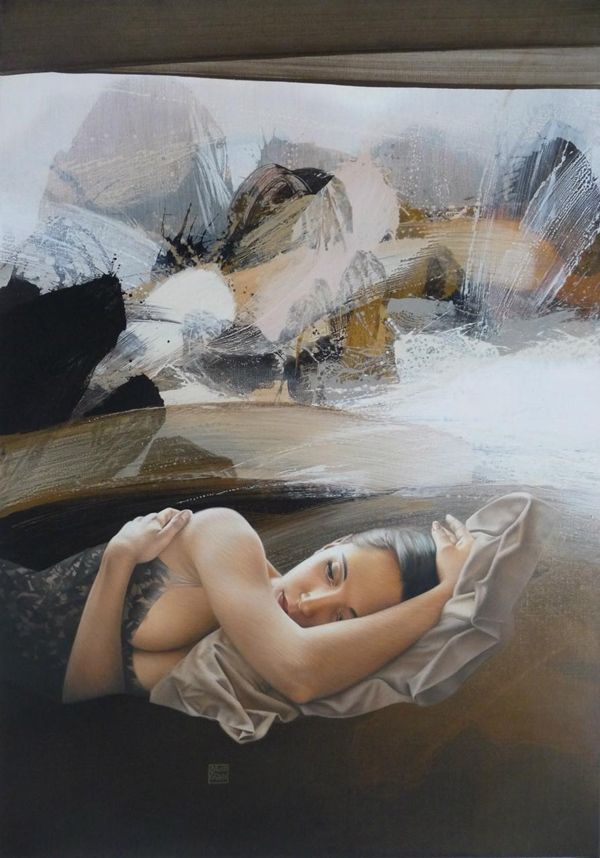Giotto di Bondone better known simply as Giotto, was an Italian painter and architect from Florence in the late Middle Ages.
He is generally considered the first in a line of great artists who contributed to the Italian Renaissance.
Giotto's contemporary Giovanni Villani wrote that Giotto was "the most sovereign master of painting in his time, who drew all his figures and their postures according to nature. And he was given a salary by the Comune of Florence in virtue of his talent and excellence".
Giotto's masterwork is the decoration of the Scrovegni Chapel in Padua, commonly called the Arena Chapel, completed around 1305. This fresco cycle depicts the life of the Virgin and the life of Christ.
It is regarded as one of the supreme masterpieces of the Early Renaissance. That Giotto painted the Arena Chapel and that he was chosen by the Comune of Florence in 1334 to design the new campanile (bell tower) of the Florence Cathedral are among the few certainties of his biography.
Almost every other aspect of it is subject to controversy: his birthdate, his birthplace, his appearance, his apprenticeship, the order in which he created his works, whether or not he painted the famous frescoes at Assisi, and his burial place.

.jpg)
.jpg)












